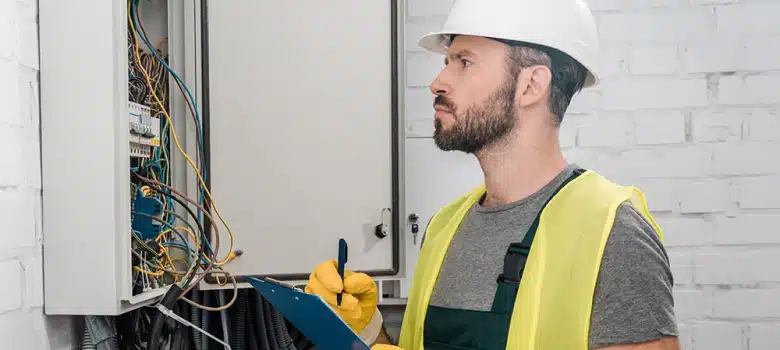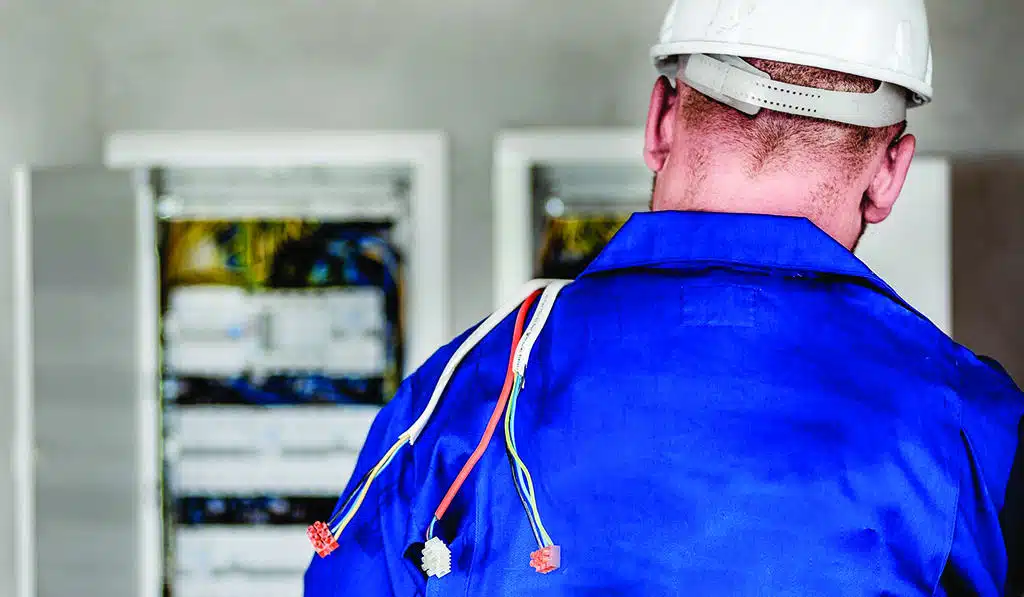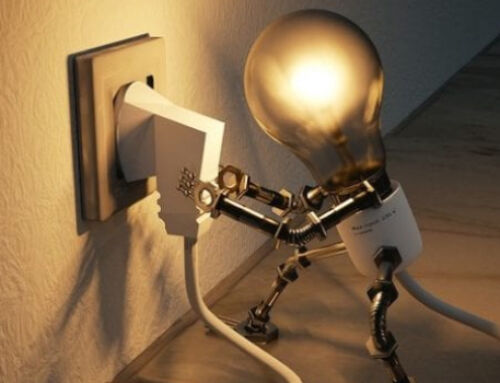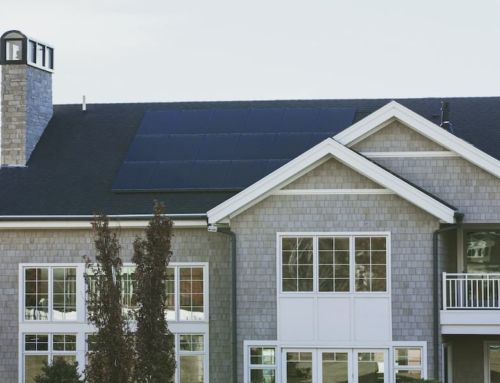While most of us know that electrical safety inspections is required before purchasing a property, many homeowners are unaware of the importance of regular and ongoing inspections.
So, what do electrical safety inspections involve, who can perform them, and when should you get one done in your home? Read on to find out.
What are electrical safety inspections?
Electrical safety inspections are designed to detect and amend all safety hazards regarding the wiring and appliances in your home. Because of various injuries, 300 Australians go to the hospital on average annually, and approximately 15 people die. As such, it is essential that electrical safety is regularly ensured.
The electrical safety inspections involve a licensed A-Grade electrician assessing the condition of the electric systems installed in a home or on business premises. Through this process, the electrician can identify hazards and any electrical safety problems, as per the laid-down regulations, that may pose a danger to the occupants. All the findings will be recorded by the electrician on a checklist, form or report. The checklist or safety report will list down all inspected appliances, outlets and circuits and outline any actions required.
These issues can then be promptly fixed, and you can rest easy knowing your home is safe. On top of identifying urgent fixes, the electrician may also pinpoint items that may need an upgrade in the near future or even recommend how you can improve energy efficiency in your home.
When should you get an electrical safety inspection?
Only the smallest of changes can have a significant impact on the electrical safety of your home or business premises. As such, it is ideal that a yearly inspection is undertaken. However, an urgent inspection may be required if the home was constructed over 25 years ago before it is bought or sold, if wiring is outdated or if the owner is experiencing issues with the wiring or equipment.
BONUS: Why You Should Request Electrical Safety Inspections Before Buying a Home
There are many things you need to check when inspecting a new home, from the structural integrity to the pest situation. However, one crucial element is the home electric system, which should be carried out by a professional to make sure the house meets modern standards and government regulations.
Any faults found within a property can be costly to repair after the house has been bought, so it’s in your best interest to perform an inspection first. Usually finding electric problems will enable you to negotiate a lower price, but sometimes a building and electrical safety inspections can be included in the pre-purchase price of a property, so make sure you communicate with the agent on terms that are suitable.
From making sure wiring is grounded, to ensuring the safety of outlets here are 6 reasons why you should request an electrical inspection before buying a new home.
A Building Inspection Does Not Always Cover Electric Work
A building inspection usually covers things like plumbing, heating, foundations, structure examination and fire safety, however, the NSW Government’s building inspection guide states that a standard building inspection may or may not include testing of wiring or smoke alarms, two components that a crucial to a home’s safety.
It is important to request electrical safety inspections before buying a new home to make sure that all components are functional to the best of their ability and do not pose a potential hazard to you or your family.
Outlets Need to be Tested
Electric outlets need to be tested to make sure that they are properly grounded so that they are not hazardous when appliances are plugged in. Any physical defects, such as cracks or loose screws could mean that there is not enough tension to hold the cord whilst plugged in. Kitchen outlets may require extra testing as they regularly supply power to a large number of appliances.
Wiring Has a Lifespan
Like everything, wiring has a lifespan, and wiring towards the end of its life isn’t going to perform as well as newer wiring. Wires can lose their grounding over time and in old homes, with old circuits a grounding wire may even be non-existent, so it’s essential for an electrician to test the wiring and circuit of any new home you may be considering.
Examining the Power Box
A home’s power box or service panel is the centrepiece of the entire electrical system, so it’s crucial that it is thoroughly tested. It’s also important to make sure that the power box can stand up for a time to come, as any faults can be a big fix. A new home should have an electrical circuit that can supply the house well into the future and a big part of this is making sure that the service panel is up to date and can handle expansions on the circuit to meet the demands of new technology.
You’re Looking at an Old House
If you are looking to buy an older house, electrical safety inspections are especially important. All areas mentioned must be checked more thoroughly to make sure that the original circuits have not degraded and can accommodate the demands of modern living.
Get in Touch With Us Today
At HunterCON, we pride ourselves on our ability to provide reliable, hands-on service that you can count on, no matter the size of the job. From consultation to installation to maintenance, attention to detail and customer satisfaction is at the core of the HunterCON ethos.
If you have any questions about the electronics of a new home or would like to know more about installation, and maintenance, please don’t hesitate to give us a call.
With over nine years of experience under our belt, we can ensure your home is as safe as it can possibly be. If you require an electrical safety inspection or have any questions, get in touch with us today.







